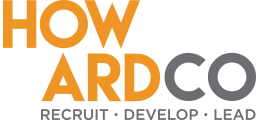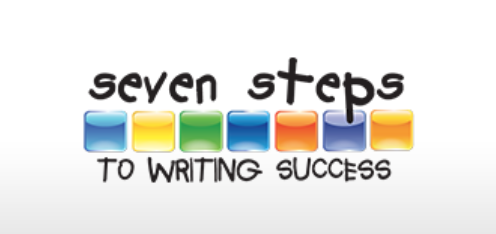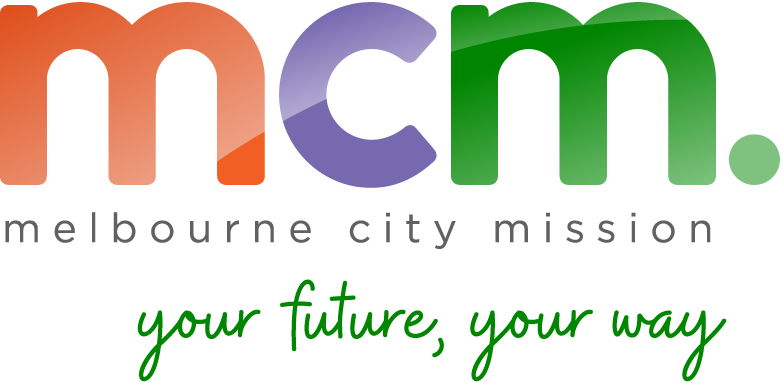How To Turn Dependency Into Problem-Solving
Some years ago, I had the opportunity to work with a leading Truck and Bus manufacturing company that saw a major leadership transition. A new Managing Director (MD) was appointed into the business with a clear mission: to improve the company’s performance.
The obstacles tied to the job became evident almost immediately, as early as the first day. Here’s how the MD recounted the experience:
“I came into the office early to get a head start. As I settled in, I had this unsettling feeling—you know, the one you get when you feel someone is watching you.
So, I looked up, and there was a line of people waiting outside my door. One by one, they came in, each with a similar question: “I have this problem; what should I do?”
As I listened, it became obvious that the team was heavily reliant on management for answers—a legacy of the previous leadership.
To turn things around and boost performance, I realised I needed to shift this mindset and empower everyone, like managers and team members, to make informed decisions and take responsibility for their own solutions.”
On day two, the MD faced the same queue. This time, he adopted a new approach. When presented with the first problem, he said, “I could give you the answer, but if I did, then I wouldn’t need you, would I?”
It took a while to sink in, but according to the MD, the intention behind the rhetorical question was to let his people know what was expected of them. It was time for the team to step up and stop relying on the leader for every solution.
Because here’s the truth: The MD’s job wasn’t to have all the answers. It was to steer the ship toward better performance. And that relied on empowering the people in the business and to remove their dependency on the leader making all the decisions.
What he wanted from them was to present him with solutions rather than problems. As this, he saw to be key to turning the business around.
BUILDING ACCOUNTABILITY AND TRUST FOR ENHANCED TEAM PERFORMANCE
Team Performance and Accountability are topical issues right now, driven by economic pressures and the need to get more done with less. As a manager and leader, you need your team to be firing on all cylinders to achieve optimal performance, especially in a challenging market.
As Patrick Lencioni says, “Not finance. Not strategy. Not technology. It’s teamwork that remains the ultimate competitive advantage, both because it’s so powerful and so rare.”
This is evident from the experience of the aforementioned MD facing a challenging start—showing that trust and competence are key to team success.
Here’s how to boost accountability and trust in your team:
- Create Psychological Safety: Make sure your team feels safe to take risks and share ideas without fear. This is essential for high performance and innovation.
- Build Competence and Dependability: Trust is built on competence and being dependable. Ensure your team’s actions consistently match their promises to drive effectiveness.
- Set Clear Expectations and Goals: Define roles, responsibilities, and goals clearly. Regularly review and adjust these to keep everyone aligned and motivated.
THE CONNECTION: EDUCATION, TRAINING AND TEAM DEVELOPMENT
In the workplace, the strategic interplay between education, training, and team development is vital for creating a dynamic and effective work environment.
Education provides the foundational knowledge, while training builds practical skills needed to excel in a role. Team development ensures unity, trust, and collaboration, leading to better communication and shared goals.
How well does your team perform? Are your training and development efforts working?
At Howardco, we offer a range of learning initiatives aligned with your HR and business strategies, including:
- Executive Coaching
- Mentoring Change Leaders
- Team Leader and Manager Coaching
- Communication Skills Training
- Presentation Skills
- Negotiation Skills
- Customised Training
Watch out for our upcoming workshops on DiSC® and the Five Behaviors® model, covering key elements of high-performing teams: trust, conflict resolution, commitment, accountability, and results. Alternatively, we also run complementary webinars on essential HR topics like trust, leadership, and more.
HOWARDCO READING RECOMMENDATIONS
- A Place Where Collaboration and Productivity Thrive
- 5 Questions to Ask Your Leadership Team
- How To Get the Most Out of Your Team Working from Home Using Disc® Personality Styles



















